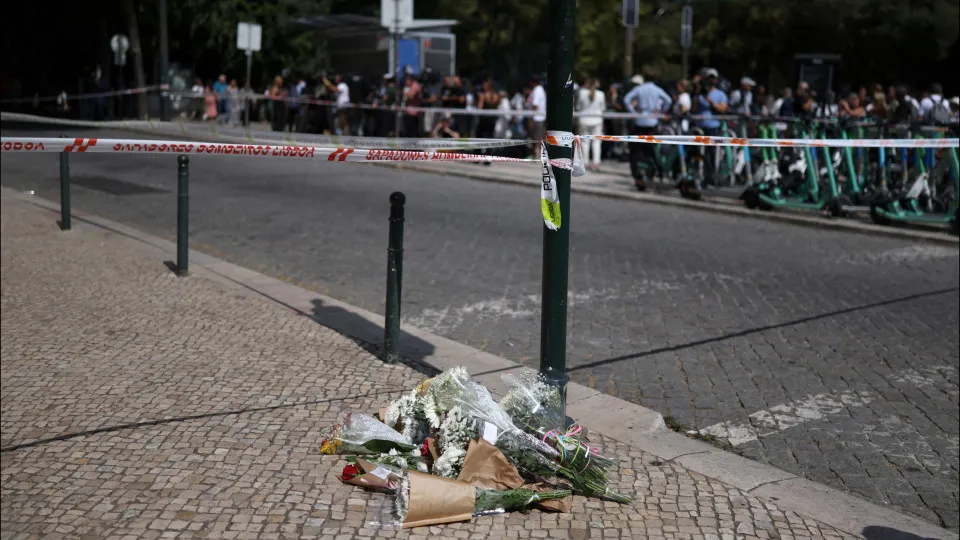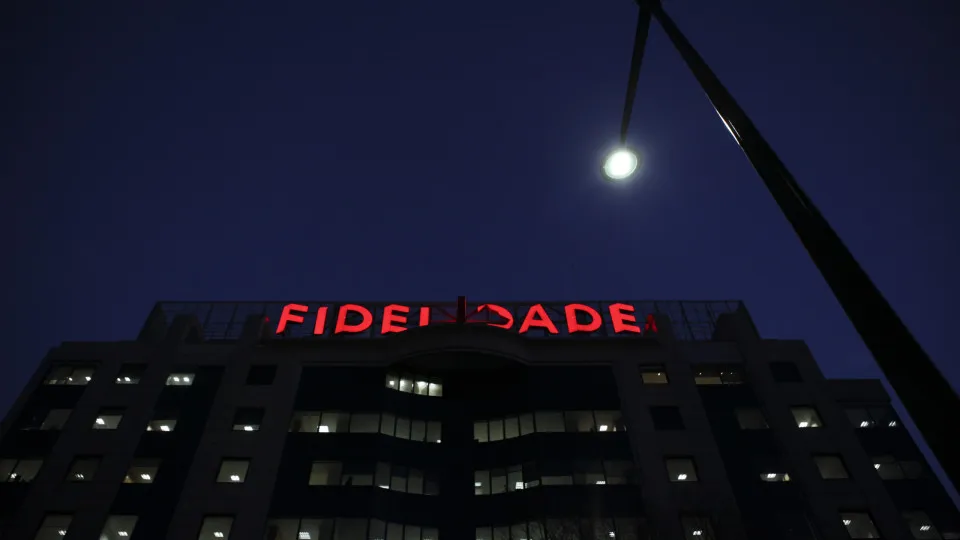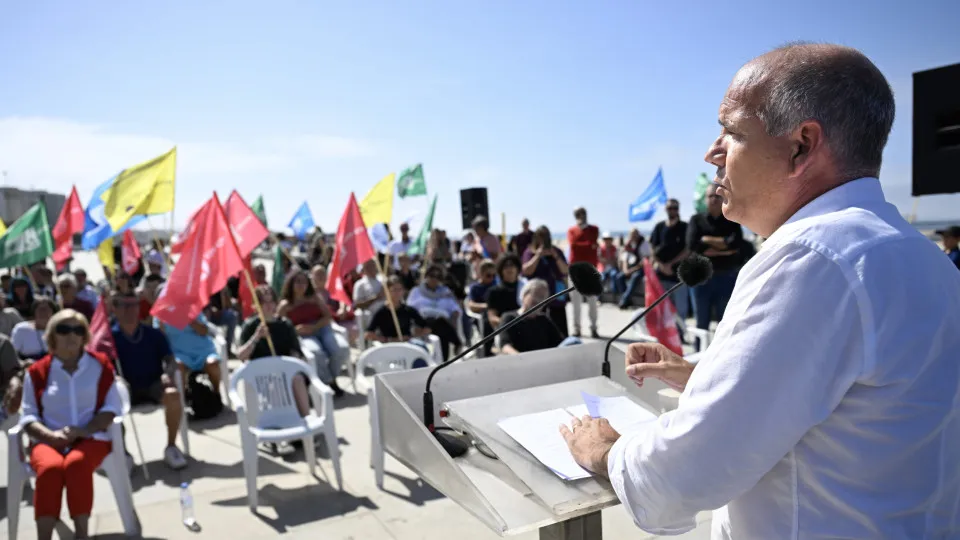
The European Commission today pledged to protect farmers from disruptions caused by the Mercosur agreement, forecasting an annual increase in exports to those Latin American countries by 39%, amounting to an additional 49 billion euros.
The information shared by the European executive regarding the proposals to be presented to the EU Council for discussion and further development highlights that the agreement with Mercosur countries is expected to boost the EU’s annual exports by 39%, reaching an additional 49 billion euros.
This agreement, which is set to create “the largest free trade zone in the world,” aims to reduce “often prohibitive customs duties on EU exports,” including essential industrial products such as automobiles (currently at 35%), machinery (ranging from 14% to 20%), and the pharmaceutical industry (up to 14%).
The European Commission predicts that agri-food exports will “grow by at least 50%” with tariff reductions, particularly in wine and spirits, chocolate, and olive oil, safeguarding against imitation and “unfair competition” of 344 products with protected geographical indication.
The main highlight presented by the European Commission is the implementation of safeguards, especially for the agricultural sector, the main critic of this agreement.
“We have listened to them; this is a new Mercosur agreement. We have heard everyone who wanted this deal, from our partners in Mercosur to our member states and representatives of the agricultural sector, ensuring the agreement is good and fair,” stated European Trade Commissioner Maros Sefcovic at a press conference in Brussels, promising “strong safeguards.”
According to the European executive, these safeguards will protect producers from “harmful import growth” from Mercosur countries.
A European source explained that the aim of these safeguards is to assess whether there is any market disruption caused by imports from Mercosur countries in a particular market or member state, considering that market fluctuations in one EU country will affect several others. An example is disruptions in beef imports.
The European Commission could initiate a monitoring process for about half a year based on these findings and, depending on the conclusions, impose unilateral tariffs to manage these disruptions.
The Mercosur countries include Brazil, Argentina, Paraguay, Bolivia, and Uruguay.
A European source added that the goal is to conclude the process by the end of the year, taking advantage of Brazil’s Mercosur presidency, although the process still needs to be reviewed by the European Parliament and the 27 member states.




